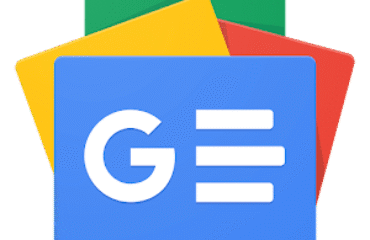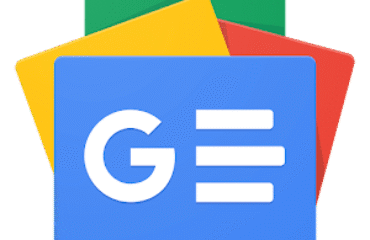
NAKHON SI THAMMARAT, THAILAND – 2020/03/23: Workers unload fish from a trawler in a Khanom port. … [+]
The World Wildlife Fund (WWF) has launched an app that aims to help food supply chains become more transparent.
The transparenC app (available for both Android and iOS devices) and web portal is the world’s first open-source traceability software for any kind of food supply chain.
It can be used anywhere by farmers, buyers and retailers without paying licensing fees to ensure transparency and accountability across all stages of food production.
The app has been co-developed with Republic Systems.
The WWF’s global network lead for aquaculture, Aaron McNevin told Forbes the genesis for the app was the issues faced by shrimp farmers in Thailand, who could not get the source of the fish meal they were using to meet certification requirements.
McNevin said the seafood supply chains are particularly complicated because of the number of small owners involved, who make traceability more difficult and therefore increase the risks involved for retailers who purchase their products.
“We wanted to really break the cost barrier for electronic traceability systems,” he told Forbes. “And we’ve been trying to work with those retailers that truly do want to know what their supply chains look like, that want to dig in and get the information, and then have a greater understanding of any risks involved.
He added the app works by creating a series of nodes for all the people or companies involved in the supply chain. Each user is required to upload either documents or pictures to the various nodes, which administrators at the top of the chain can check and verify.
“Because we’re dealing so far upstream in the supply chain, we’re not necessarily asking for grandiose documentation,” he explains. “What we’re trying to do is connect all the actors in the process.
“For the farmers, there’s typically only one or two requirements that just require them to take a picture of one document or another, then they get greenlit and they can pass that on to the person that’s buying from them.
“The person who is buying from them then has to reconfirm the information by tagging, and that just follows down the supply chain. The buyers don’t need all of the information, but they need to have access to all of the information that is available.
“So, when it gets to the point of export, a supply chain tree is populated. You can see the whole tree and if you need to dig deeper, you can dig in each one of those nodes.”
The app has already been tested with seafood supply chains in Vietnam, Thailand and India and palm oil producers in Honduras, but McNevin said it will work for any food supply chain, like dairy or beef.
He said the added transparency the app will bring will also help “decouple” habitat conversion from food production that is occurring all over the world.
“Traceability in complex supply chains, especially in the developing world, will not be solved with high-tech solutions,” he added.
“Instead, by focusing on cost-effective tools that help organize and link supply chain actors together, we’ll begin to achieve traceability results that deliver big impact. That’s why we developed transparenC – to break down barriers to advancing traceability and make it accessible to all.”
The founder of Republic Systems, Robert Hughes said they became involved with the project because the “need for mobile technology for first-mile actors fits well with our capabilities and we believe sustainability is a moral imperative”.
Hughes added: “By building the apps with open source libraries and creating a unique user experience for imaging, offline, and trace map, transparenC allows for users on vessels/farms to build complex traces using simple apps with no license fees. We are excited to continue with World Wildlife Fund in bringing this important tech to suppliers who strive for true sustainability.”




